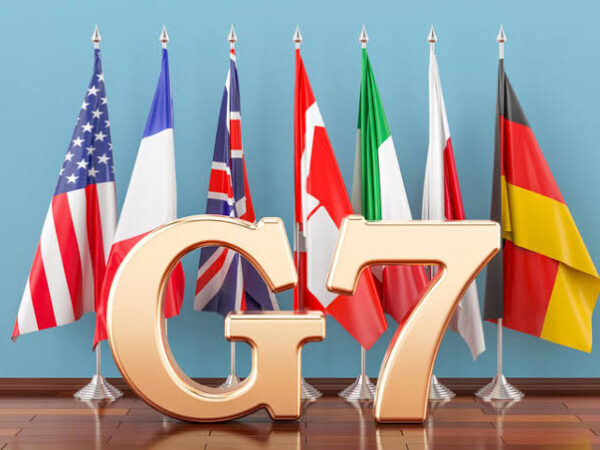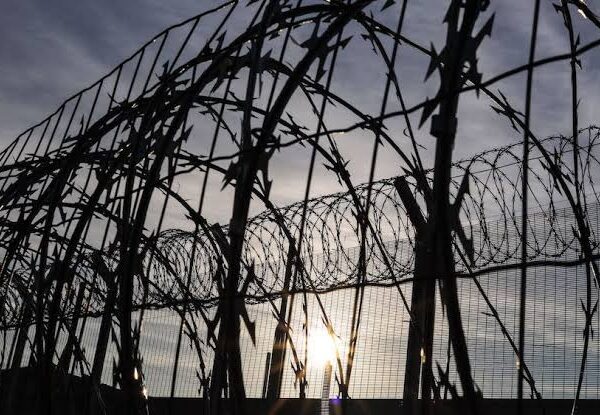
The federal government’s same-sex marriage postal vote is lawful, the high court has found, clearing the way for the Australian Bureau of Statistics to send voting forms to 16 million Australians.
The seven high court judges unanimously dismissed the legal challenge mounted by Andrew Wilkie, PFlag (Parents, Family and Friends of Lesbians and Gays), and Melbourne lesbian mother Felicity Marlowe. The court also unanimously dismissed the case brought by Senator Janet Rice and Australian Marriage Equality. The judges ordered the plaintiffs to pay costs.
The survey will be sent out from 12 September and the result announced on 15 November 2017, ministers George Brandis and Mathias Cormann said after the judgment was announced.
In parliament Malcolm Turnbull said every adult Australian will be able to have their say on the issue of same-sex marriage. “Lucy [Turnbull] and I will be voting yes and I will be encouraging others to vote yes, but … above all, I encourage every Australian to have their say because unlike the leader of the opposition I respect every Australian’s view on this matter.”
Brandis, the attorney general, and Cormann, special minister of state, said the government would “move swiftly” to enact new legislation adding additional safeguards to the postal survey process. That bill, seen by Labor and the Greens but not yet publicly released, would extend electoral law provisions on authorisations of ads and banning misleading information, fraud, bribery and intimidation to protect the survey.
The strongest impact will be on LGBTI kids and kids of LGBTI people who now have to endure eight weeks of campaigning
Jacqui Tomlins
However the Australian Electoral Commission’s chief legal officer, Paul Pirani, told a Senate committee on Thursday the ban on “misleading information” only applies to misrepresentations about the process of voting and the source of material, not its content.
Those challenging the survey over two days of hearings at the high court in Melbourne argued the government acted inappropriately in allocating $122m to the ABS to conduct the vote; that the question of same-sex marriage is not within the scope of statistics collected by the ABS; and that it was wrong to ask people to sign up to the electoral roll for the vote because the issue could not be considered an electoral matter.
Over Tuesday and Wednesday the court heard two separate challenges to the vote combined into one hearing. Ron Merkel QC, representing the plaintiffs, said the postal ballot was “unique and offensive”. It was “putting to the public a vote on [Felicity Marlowe’s] family unit”.
Barrister Kathleen Foley also told the court on Tuesday that the ABS did not have the power to ask people for an opinion. But the question to be asked in the postal vote – “Should the law be changed to allow same-sex couples to marry?” – would do exactly that, she said.
But outlining the government’s response on Wednesday, the solicitor general Stephen Donaghue told the court the survey “in no way” cast aspersions on Marlowe’s relationship or that of other same-sex couples. Rather it was the Marriage Act as it currently stood, along with third parties engaged in an anti same-sex marriage campaign, that called the validity of LGBTI relationships into question, he said.
There is now no legal impediment to the postal survey proceeding and all Australians having their say
George Brandis
“[The postal vote] will ask electors who receive it whether the law should be changed to allow same-sex couples to marry,” he told the high court in Melbourne, led by chief justice Susan Kiefel. “A consequence of the existing law imposes a distinction on same-sex couples and other couples. Asking whether the distinction should be removed doesn’t cast the aspersion being suggested.”
Senior counsel Kate Richardson, acting for the case brought before the court by Janet Rice and Australian Marriage Equality, focused on the Appropriation Act. The act states that the finance minister – in this case Cormann – only has the power to unlock funds for a matter like the same-sex marriage postal survey in urgent and unforeseen circumstances. Cormann used the act to allocate $122m to the ABS to conduct the voluntary postal vote.
Richardson said Cormann knew there was a pre-election commitment to hold a compulsory plebiscite on same-sex marriage, which the government costed at $177m. She said cabinet made a decision that if the 2016 plebiscite bill failed to pass, the issue would go to a voluntary postal vote.
“What we say is that it’s not the government decision [to hold a postal vote] that needs to be unforeseen, it’s the expenditure,” she said, adding that, given a vote was an election promise the expenditure was foreseen.
But Donaghue responded that the government was entitled to allocate the money under the Appropriations Act. He put it to the court that natural disasters and military interventions should not be the only matters that met the “urgent” criteria. Government policy could also be considered a matter of urgency, he said. But he also argued regardless of where the money to conduct the survey came from, the Australian Bureau of Statistics had a legal obligation to comply with the government directive to conduct the survey, and the funding to do that could possibly be appropriated from elsewhere.
While opponents to the postal vote have argued that the fact that parliament could pass same-sex marriage without the need for an expensive postal survey removed the urgency, Donaghue said the relevant legislation did not expressly state “if it is possible to return to parliament one must do so”. The act should have been written more clearly if that was what it meant, he added.
Lawyers for the government also argued the plaintiffs had no grounds for bringing the government to court.
After the decision Brandis and Cormann encouraged all Australians to take part in the postal survey and to show respect. They thanked Donaghue for his “hard work and skilful advocacy”.
In question time, Bill Shorten asked Turnbull if he would now commit to write a joint letter to all Australians recommending a yes vote.
But the prime minister questioned the assumption that the opposition leader “joining his signature to mind would actually increase the case for the yes vote. The leader of the opposition can make his case and I’ll make mine”, he said.
Turnbull accused Shorten of having done “everything he could” to stop the plebiscite. “Much to his disappointment now every Australian will have their say.”
Brandis told the Senate: “The effect of the decision of the court is that there is now no legal impediment to that postal survey proceeding and all Australians having their say on this important social question.”
Elaine Pearson, director of Human Rights Watch Australia, said parliament should uphold rights and allow same-sex marriage, given the survey outcome won’t be legally binding.
“Fundamental rights should never be put to a popular vote. The nonbinding costly postal vote on same-sex marriage is already proving to be incredibly divisive. It’s painful for LGBT people to endure a protracted public campaign where every day they are exposed to campaign materials peddling lies to discourage people from voting for marriage equality.”
Australian Marriage Equality had two advertising campaigns ready to launch immediately after the decision; one in case of the postal vote being deemed unlawful and one in case of the postal vote being given the go-ahead. The campaign in response to the vote going ahead includes a video featuring a series of Australians posting their voting form and explaining why they will vote yes.
After the decision was announced Tiernan Brady, executive director of the Equality Campaign said: “We are in it to win it [the survey]. We are committed to doing all in our power to ensure that the long-held wish of the Australian people for marriage equality for all Australians is reflected in the results of the survey.
“This must be a campaign of millions of respectful conversations that unites the country. We haven’t a moment to lose and we are hitting the ground running with hundreds of thousands of supporters talking about why marriage equality matters.
“This is a vote about the worth, dignity and status of members of our family, friends, workmates and neighbours, and across the country people are standing up for them.
“We know that the Australian people support marriage equality but no one can be complacent – it is all about the getting as many surveys returned as possible. We call on everyone to participate and to talk to their family and friends to make sure they do too. Together, lets get this done.”
Jacqui Tomlins representing Rainbow Families has a wife, Sarah, and three kids age 10,12 and 14. They have been together 25 years and were married in Canada 14 years ago. Tomlins was in tears outside of the court.
“I think I’m still reeling from the shock a little,” she said. “I never in my heart thought we’d have to go through this. Of course we will survive it and get through it and after falling in a heap tonight I’ll get up tomorrow and fight. We need to look after our community, each other, our LBGTI young people and our trans and gender diverse people.
“The strongest impact will be on LGBTI kids and kids of LGBTI people who will now have to endure eight weeks of campaigning against this. We need Australians to support us and play a significant part in supporting us by being our allies and returning a yes vote.”
theguardian


